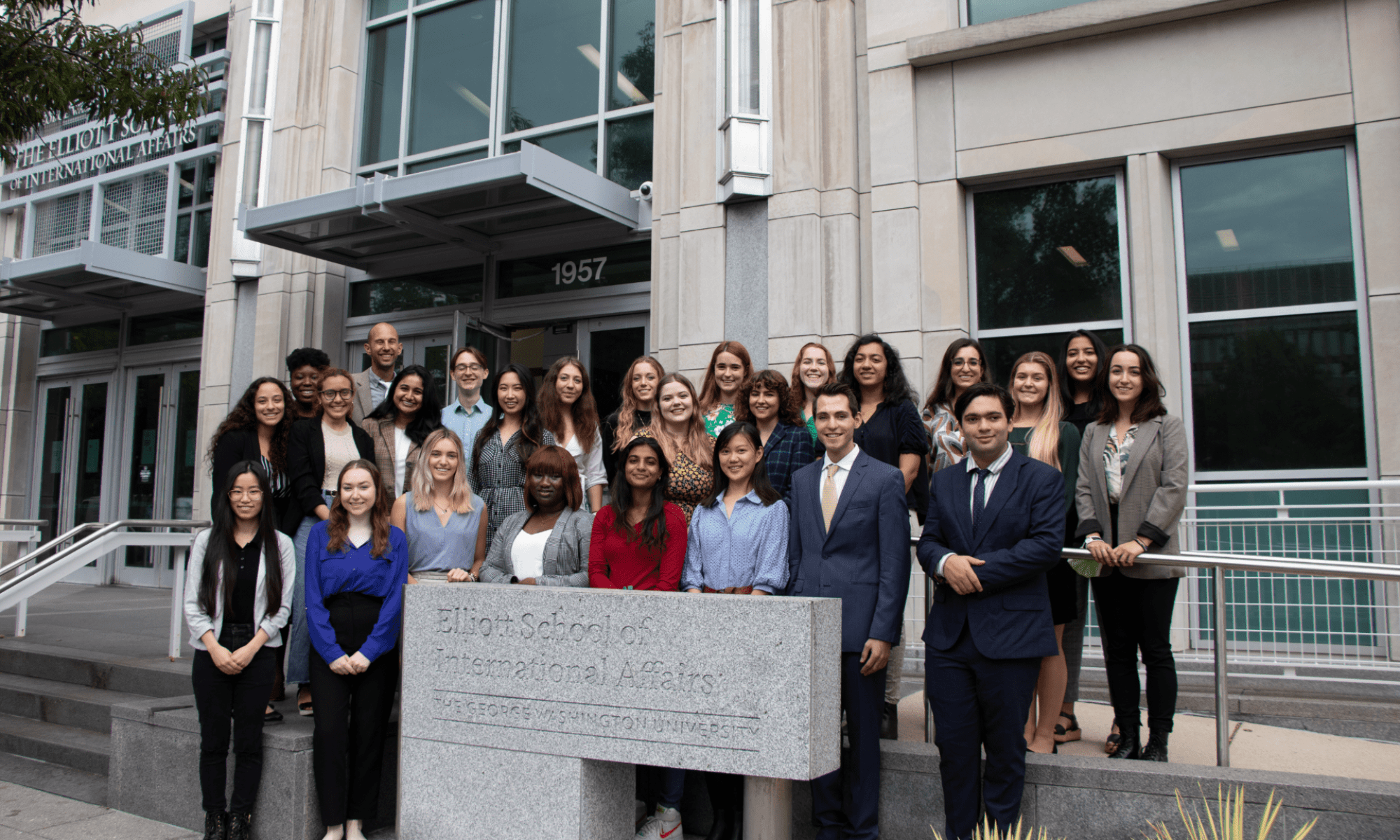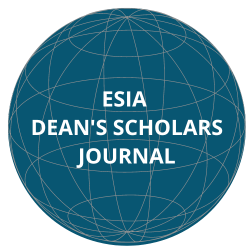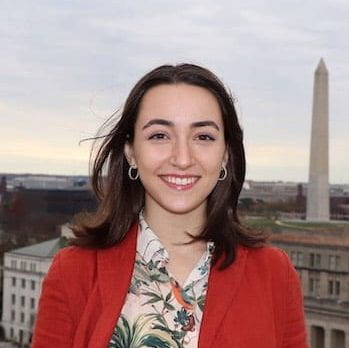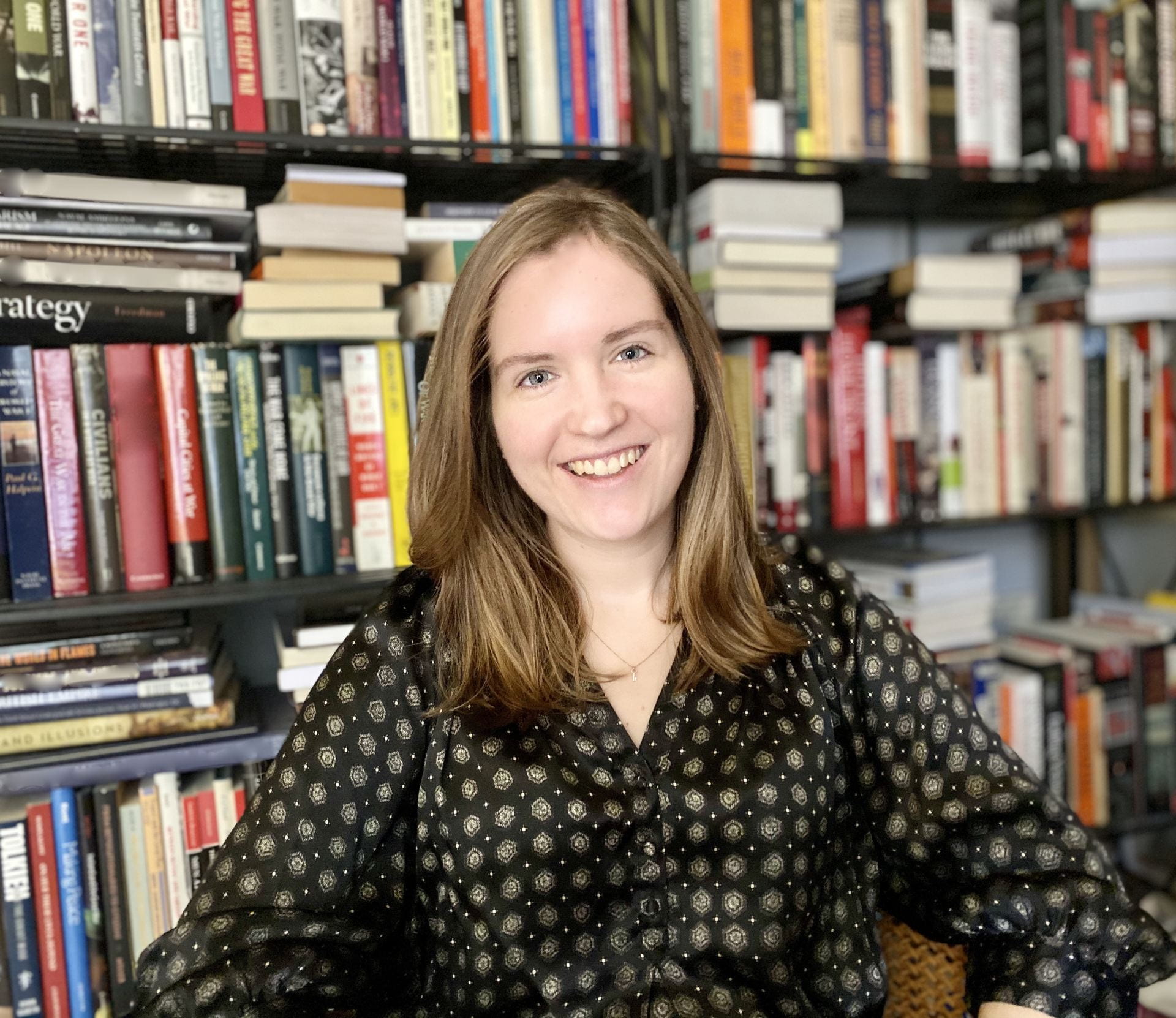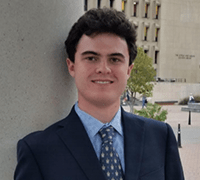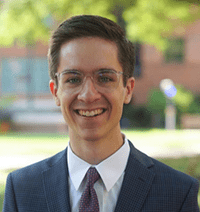Author: Cyrena Kokolis
Date Published: 18 February 2023
In the span of just 100 days between the months of April and July 1994, the Rwandan genocide claimed the lives of an estimated 800,000 civilians via a campaign of merciless killing orchestrated and executed by Hutu extremist soldiers, police, and militia. While the killing of Rwandan President Juvenal Habyarimana on April 6, 1994 served as the immediate catalyst for the Hutu government-sanctioned mass slaughter of Tutsis and moderate Hutus, the genocide was the ultimate result of a century of tension between Rwandan Hutus and Tutsis stemming from each party’s respective struggle against the other for political and social power. As a result of this history of intergroup hostility, as well as a concerted mobilization effort on the part of military and government officials, most of the killings during the genocide were committed by citizens, the majority of whom had no prior history of committing lethal violence (Straus, 2006).
The path to reconciliation in the years following the Rwandan genocide posed a massive challenge to the Rwandan government: how could justice be completely and correctly delivered when so many thousands of citizens were perpetrators and so many more thousands were victims? To facilitate this arduous legal undertaking, the national government called for the institution of a community-based genocide court system spanning the entire nation, based on the ad-hoc traditional mediation practice of gacaca that had been utilized in Rwandan communities for decades to settle low-level local disputes (“The Justice and Reconciliation Process”). Almost 2 million cases of genocide-related crimes were tried in approximately 12,000 gacaca courts between the years of 2002, when the first trial-stage court was established, and 2012, when the courts officially closed (Human Rights Watch, 2019). The courts were hybrid restorative-retributive in nature, meting out sentences for individuals convicted of genocidal acts while also leaving room for community dialogue, the establishment of a shared narrative of the events of the genocide, and the opportunity for perpetrators to offer apologies to survivors and for survivors to extend forgiveness to perpetrators (Hazan et al, 2010).
The legacy of gacaca is somewhat mixed among survivors and perpetrators alike—while many participants felt as if taking part in the process was constructive and helped them personally heal from the trauma of the genocide, others felt as if the courts exacerbated tensions within communities and did little to help heal those affected by the genocide. In addition, research undertaken over the course of gacaca’s proceedings has found that the majority of those involved did not believe the veracity of the claims of others involved, either believing that perpetrators falsely claimed innocence or that survivors made false accusations. This doubt calls into question whether gacaca achieved its restorative end as wholly as it achieved its retributive one, and specifically whether true forgiveness of Hutu perpetrators on the part of Tutsi survivors could be achieved in such a system. Forgiveness is defined by Ervin Staub, a notable contributor to the fields of mass violence and genocide psychology, as “letting go of anger and the desire for revenge” and “moving away from an identity as a victim” (Staub et al, 2005, p. 301). Forgiveness is regarded as a fundamental element in post-atrocity reconciliation processes, especially those with an ethnic dimension, and Staub asserts it must be achieved before widespread reconciliation can be (Worthington, 2006).
Abundant literature has been produced evaluating gacaca’s level of success in repairing relations between perpetrators and survivors of the genocide within Rwanda. However, a metric of the system’s success that scholars have heretofore neglected is its impact on diaspora populations. During the events of the genocide and in the years following 1994, tens of thousands of Rwandan Tutsis emigrated from the nation, the vast majority of these individuals being survivors and their descendants. As of 2020, there are nearly 600,000 members of the Rwandan diaspora worldwide (both Hutu and Tutsi combined), equivalent to roughly 5 percent of Rwanda’s total population (European Union Global Diaspora Facility, 2020). The diaspora is fractured along fault lines such as political allegiance, disparate accounts of the genocide’s events, and, in a more subliminal and less overt sense, ethnicity, rendering the reconciliation process similarly relevant and potentially beneficial to them as it is to domestic Rwandans (Basabose, 2017).
The Rwandan government has dedicated structures to facilitating diaspora engagement since the early 2000s (European Union Global Diaspora Facility, 2021). Its official guiding framework for integrating diaspora communities into national development, passed in 2009, has three pillars: (1) fostering cohesion of the diaspora, (2) assuring that Rwandans in diaspora are “equipped with accurate information about their nation”, and (3) giving diaspora populations a significant role in the socioeconomic development of Rwanda (ibid). The government has extended several reconciliation initiatives to the diaspora, especially to those who are politically neutral or sympathetic towards Paul Kagame’s administration. However, diaspora policies across the board, whether development- or reconciliation-focused, are extractive, aiming to encourage contribution to the improvement of Rwanda on the part of diaspora members rather than ameliorate conditions in diaspora communities (Basabose).
Because Rwandans in diaspora are far removed from the domestic reconciliation process and initiatives such as gacaca that facilitated it in the post-genocide years, and because there are no reconciliation initiatives aimed specifically at promoting forgiveness within the diaspora, it becomes important to ask whether domestic transitional justice mechanisms such as gacaca had a diffuse reconciliatory effect across Rwandan populations living outside the country. Tutsi diaspora members face the same choice of whether to forgive their transgressors that their non-diaspora counterparts do but were deprived of the communal dialogue spaces and compulsory reckoning with the past that gacaca created for domestic Tutsis. However, they still maintain an indelible connection to the events of the genocide despite their temporal and geographic removal from these events, which begs the question of whether transitional justice mechanisms in the aftermath of the genocide similarly maintain their influence across distance and time.
This study’s research questions, therefore, are as follows: How has the legacy of gacaca impacted the Rwandan Tutsi diaspora’s process of forgiveness towards Rwandan Hutus? Furthermore, what role does ethnic identity play in forgiveness and the achievement of post-genocide reconciliation among members of the diaspora? This study argues that gacaca proceedings did in fact sow seeds of forgiveness in the diaspora population and bestow upon Tutsi diaspora populations a responsibility to forgive perpetrators of their own volition. However, the proceedings also invariably conflated Tutsi ethnicity with victimhood among survivors, potentially limiting the realization of sustainable reconciliation throughout the diaspora population due to the way this conflation imperils other essential elements of post-conflict reconciliation such as truth and justice.
